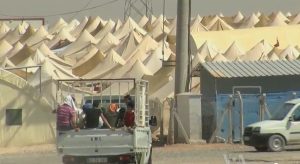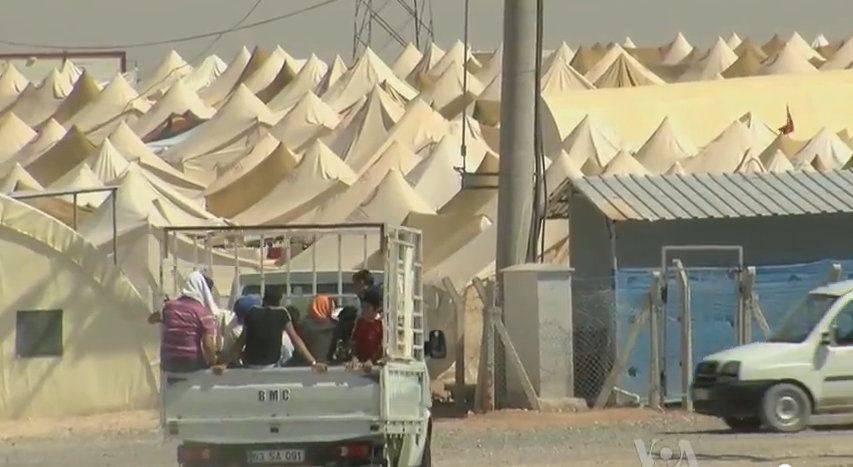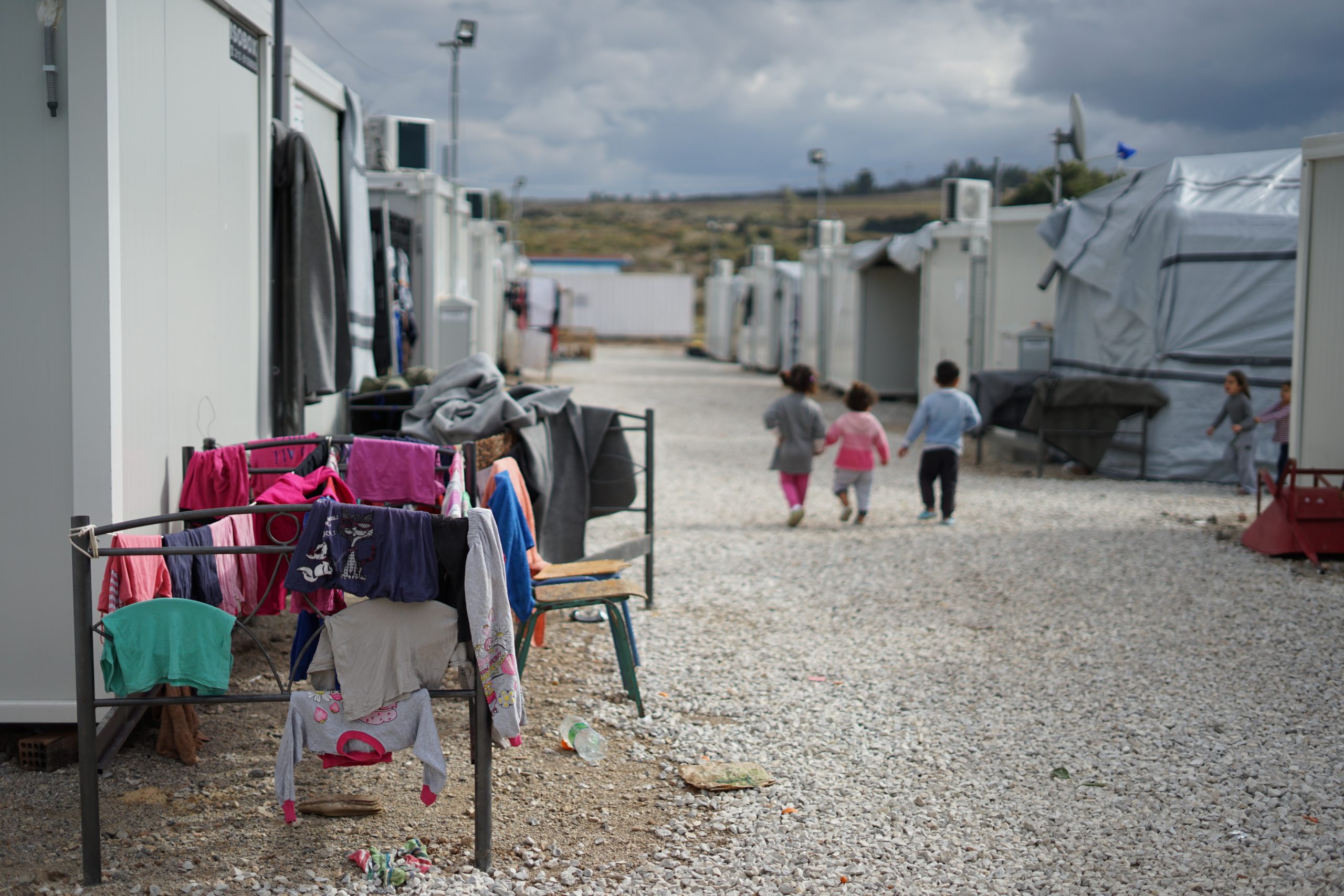
Source: The Algemeiner
Malek, a Syrian farmer currently living in a refugee camp in Turkey, asks in vain, “Are we all animals? Is there no humanity?” His question resonates among those fleeing the violence in Syria to seek safe haven in Turkey, Lebanon, Jordan, and Iraq. The process of confiscating and destroying Syria’s chemical weapons has begun, but civil war still rages and the question of displaced Syrians remains. There is a severe lack of resources and no permanent solution to the status of the more than 1.6 million refugees currently registered with the UN Human Rights Council, and the number could reach 3.5 million by the year’s end.
The detriments of a massive stagnant refugee population are many. Refugees often lack access to basic services such as healthcare and sanitation, not to mention education. UN Secretary Ban Ki-Moon noted that only 40 percent of the $4.4 billion needed to deal with the refugee crisis this year has been raised. There is a growing risk that an entire generation of Syrian children will find themselves locked out of the world economy because they lack the necessary skills, leaving the region with a large population of under-educated and unemployed youth. Without a more permanent system of education in the camps (200,000 refugee children in Jordan lack access to schooling), an economic crisis is sure to follow the humanitarian crisis. The Middle East already has the highest youth unemployment rate in the world: nearly 30 percent of 15 to 24-year-olds are out of work. A glut of unskilled Syrians will only exacerbate the region’s economic struggles.
Additionally, refugee camps present a prime opportunity for radicalization and violence. Unresolved anger and the poor material conditions noted above are a dangerous mixture and offer an entry point for militia recruitment with the promise of escape from a monotonous, hopeless existence in a temporary camp. The terrorist group Hamas has been known to draw its members from Palestinian refugee camps, “temporary” sites that have been in use for decades. A UN self-evaluation noted the issue of “recruitment by armed groups, including of under-aged refugees.” The Free Syrian Army has free rein at the Za’atari camp (Jordan’s largest), and the camp manager remarked that “this makes Mogadishu look like a holiday.”
Also of importance is the effect of the massive influx of Syrians on surrounding countries. Iraq, consumed with its own sectarian conflicts, is host to 200,000 Syrians. Jordan has received approximately 500,000. The government of Jordan, already rocked by economic protests, lacks the resources to manage such a large refugee population. Refugees have strained public services and diluted the political power of traditionally privileged East Bankers. In Lebanon, the nearly 600,000 Syrians have further disrupted the fragile power-sharing system among the country’s 4.4 million Christians, Sunnis, and Shias. And in Turkey, the refugee situation (400,000) has led to protests in the south of the country, where Turkish Alawites sympathetic to the Assad government allege that Turkish Prime Minister Tayyip Erdoğan is feeding the fire and promoting his Sunni political Islam across the border.
The merits of military intervention, whether led by the US, NATO, or UN-sponsored force, are questionable at best. And the last month has shown that there is little desire in the global community for such an action. Most observers predict that the war will last for several more years at the least. As military assistance seems unlikely, humanitarian aid is more essential than ever. Yet the United States has only accepted 90 refugees since the war began. At the beginning of October, 60 Syrian refugees were occupying a port in Calais, France, hoping to gain refugee status in the United Kingdom. The Western world easily entertains the notion of military intervention in Syria but has done very little to help those Syrians looking for succor in our countries.
To stabilize the Levant, the Western world must invest in economic and educational opportunities and address the international refugee crisis. Only by doing so can the West legitimately claim to be a friend of the free Syrian people.


